Q clearly defines responsibilities and coordination mechanisms between agencies.
According to the delegates' assessment, the Draft has made remarkable amendments and supplements, creating a clearer legal basis for coordination, typically the clear regulation of the form of online citizen reception (Article 3a) is an important step forward, creating favorable conditions for people, while opening a channel for coordination and quick and transparent inter-agency information exchange. At the same time, clarifying the coordination responsibility of the Chairman of the Commune People's Committee (Article 15) in handling cases involving many people, ensuring safety and order, showing the connection between the grassroots government and functional agencies; regulations on transferring petitions and instructions in many provisions (such as Article 10, Article 22, Article 26 of the Law on Citizen Reception) demonstrate connectivity, avoiding pushing, helping people go to the right address for resolution...
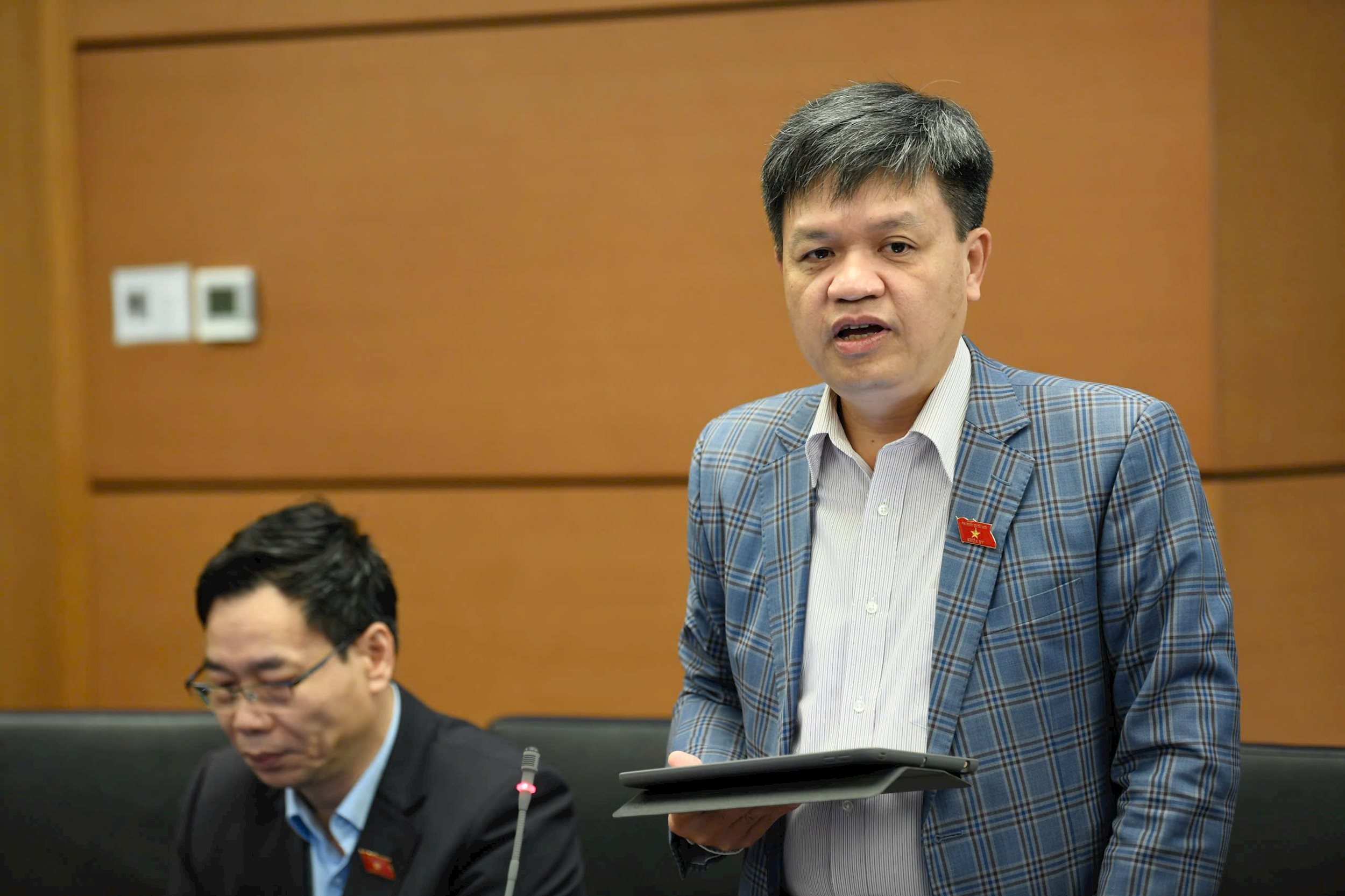
For this work to be truly effective and practical, National Assembly Deputy Ta Dinh Thi proposed that it is necessary to more clearly define the responsibilities and coordination mechanisms between agencies in the verification and resolution process. In reality, many complicated, inter-sectoral and inter-local cases are often prolonged due to the lack of a strong coordination mechanism that binds the specific responsibilities of each relevant agency.
Therefore, the delegates proposed to add a provision specifically regulating the responsibility for providing information and coordinating verification between agencies and organizations when requested by the agency in charge of handling the matter; clearly stipulating the coordination period and sanctions for non-compliance... "This will overcome the situation of "hot above, cold below" or lack of cooperation between agencies", National Assembly delegate Ta Dinh Thi emphasized.
In addition, the delegates also pointed out the need to establish a coordination monitoring mechanism between elected bodies and administrative agencies. Accordingly, the Draft has amended Article 22 on citizen reception by the People's Council and People's Council delegates, which is very good. However, to improve efficiency, it is necessary to clarify the mechanism for People's Council delegates to monitor and urge the settlement of petitions, complaints and denunciations that voters have reflected through them. It is possible to consider regulating the periodic reporting of settlement results to the Standing Committee of the People's Council and relevant People's Council delegates on cases that have been transferred.
In addition, National Assembly Deputy Ta Dinh Thi also proposed the need to promote the application of digital technology to create a foundation for effective coordination. The draft in Article 33 of the Law on Citizen Reception mentioned the construction of a national database, which is a correct policy. The delegate suggested that it is necessary to stipulate mandatory connection and data sharing between the citizen reception, complaint and denunciation systems of ministries, branches and localities with this national database. A unified and transparent software system will help leaders at all levels grasp the situation, give timely instructions and help agencies coordinate smoothly, avoiding overlap and omission.
Need for a smooth, transparent and effective coordination mechanism
National Assembly Deputy Ta Dinh Thi also analyzed and proposed to clarify and specify the coordination in resolving complicated cases involving many participants. According to the delegate, although there are regulations on coordination in Article 15, in order to effectively handle complicated situations, there needs to be more detailed guidance on the establishment of inter-sectoral working groups, specific assignment of responsibilities, collective decision-making mechanisms and accountability of this working group. Therefore, this should be regulated in detail by the Government to ensure feasibility.
Along with the above proposals, National Assembly member Ta Dinh Thi also made some other comments on the draft. Specifically, changing some time limits from "day" to "working day" (Article 2, Law on Complaints) is reasonable, ensuring practicality; at the same time, it is necessary to review to unify the calculation of time limits throughout all three laws. The representative also said that it is necessary to supplement and clarify the settlement authority of the Chairman of the People's Committee at the commune level and the Head of the specialized agency (in both complaints and denunciations), helping to strongly decentralize and promptly resolve cases right at the grassroots level, avoiding the situation of piling up work to higher levels.
Affirming that the focus of administrative reform and building a rule-of-law state is to serve the people, National Assembly Deputy Ta Dinh Thi emphasized that a smooth, transparent and effective coordination mechanism between agencies and levels of government is the key to achieving real effectiveness in receiving citizens and resolving complaints and denunciations, contributing to maintaining political and social stability and strengthening people's trust.
The delegates expressed their belief that, with the acceptance and revision of the Drafting Committee and the enthusiastic comments of the National Assembly Deputies, the Draft Law will be completed, creating a new breakthrough in law enforcement on citizen reception, complaints and denunciations, meeting the requirements of practice and the expectations of the people.
Source: https://daibieunhandan.vn/bao-dam-lien-thong-minh-bach-trong-tiep-cong-dan-giai-quyet-khieu-nai-to-cao-10395271.html







![[Photo] Prime Minister Pham Minh Chinh receives Lao Minister of Labor and Welfare Phosay Sayasone](https://vphoto.vietnam.vn/thumb/1200x675/vietnam/resource/IMAGE/2025/11/11/1762872028311_dsc-2246-jpg.webp)


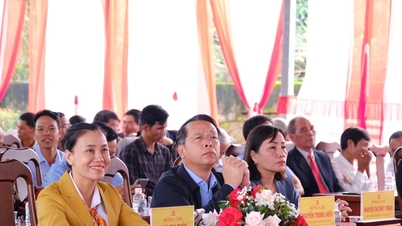






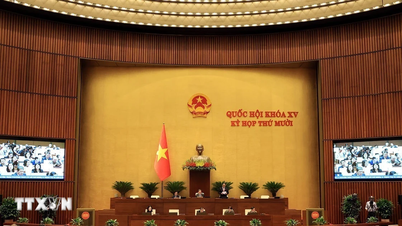

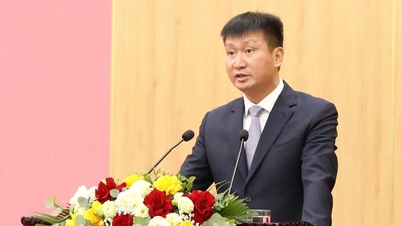

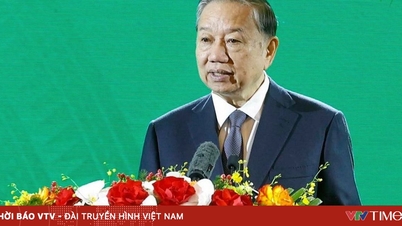


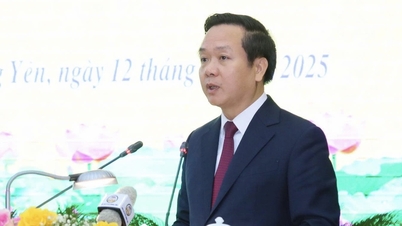

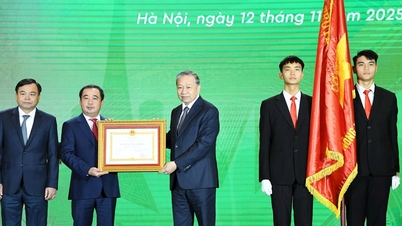




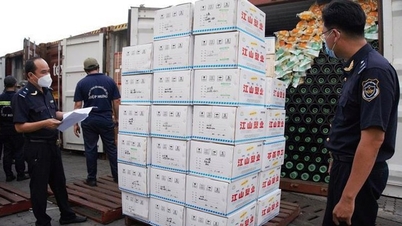

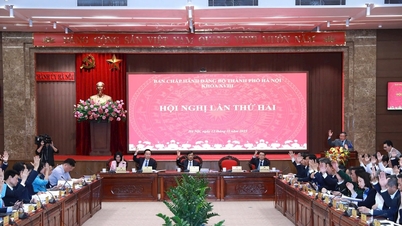
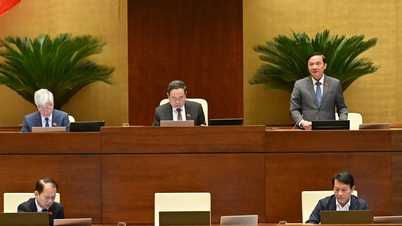
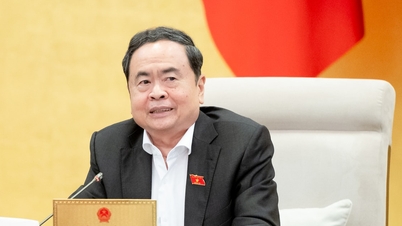
















































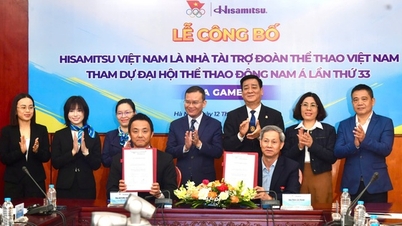





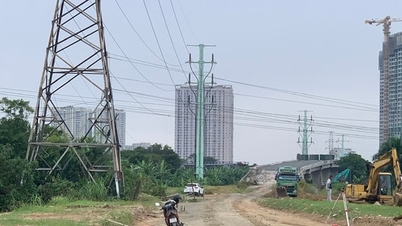
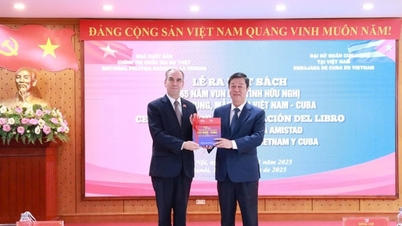


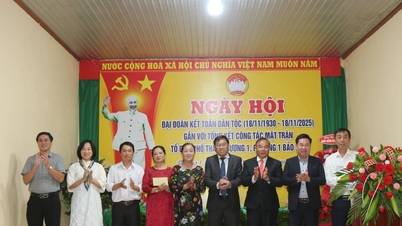
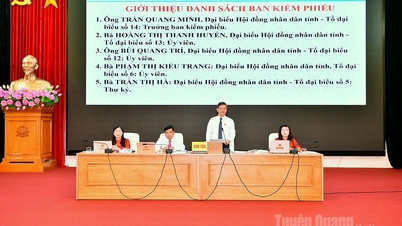

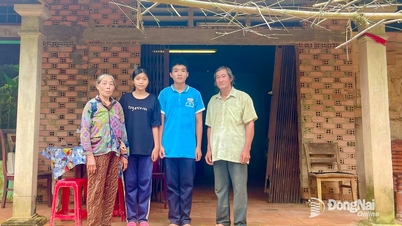






![Dong Nai OCOP transition: [Article 3] Linking tourism with OCOP product consumption](https://vphoto.vietnam.vn/thumb/402x226/vietnam/resource/IMAGE/2025/11/10/1762739199309_1324-2740-7_n-162543_981.jpeg)








Comment (0)